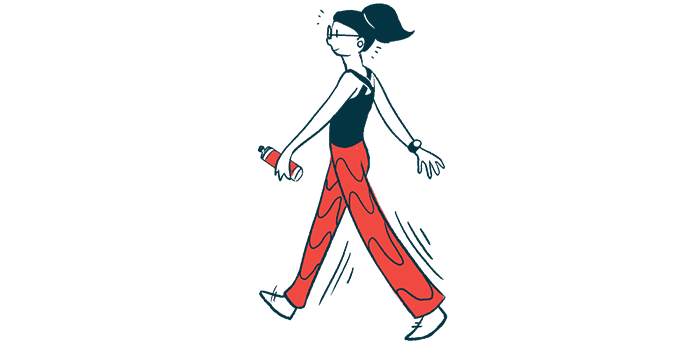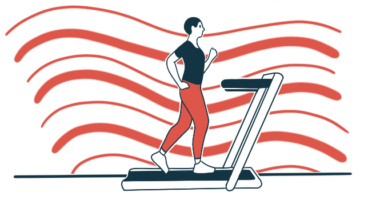Neural Sleeve developer Cionic names its 1st Center of Excellence
Shirley Ryan AbilityLab offers patients opportunities to try out the Neural Sleeve

Cionic — developer of the Neural Sleeve for people with multiple sclerosis (MS) and other conditions that affect mobility — has chosen the Shirley Ryan AbilityLab as the inaugural location for its Center of Excellence program.
The Chicago-based facility has been named the nation’s top physical medicine and rehabilitation hospital by U.S. News & World Report for 32 consecutive years.
“Mobility is the most important measure of human health, as declines in mobility are correlated with physical, mental, and even financial wellbeing,” Jeremiah Robison, Cionic founder and CEO, said in a company press release.
“The experts at Shirley Ryan AbilityLab have a track record of providing best-in-class rehabilitation care. It’s an honor to debut our Centers of Excellence initiative at a facility that has set the bar for innovative, transformative mobility care,” Robison added.
The hospital is the first of several “forward-thinking” neurological rehabilitation providers to be selected for the program.
Neural Sleeve is a leg-worn garment that helps with mobility
Available in several sizes and colors, the Neural Sleeve is a leg-worn garment that enables those with conditions such as MS to become more mobile. The lightweight “sleeve” has multiple sensors that allow it to analyze, predict, and enhance the wearer’s movement through the use of algorithms.
This is achieved through the delivery of electrical stimulation that activates the muscles needed to produce a more natural movement while walking, as well as to provide real-time adjustments.
Such stimulation can help to mitigate walking issues due to muscle weakness or foot drop, in which the front of the foot doesn’t lift when taking a step. With toes dragging on the ground, patients are more prone to falling, particularly on uneven surfaces or stairs.
In studies assessing the garment’s home usability, patients experienced strong improvements in their ability to lift their toes and reduced turning in of their feet during swing — two key measures associated with foot drop.
Last March, Cionic received authorization from the U.S. Food and Drug Administration to market Neural Sleeve, the first to combine augmentation with movement analysis to create a wearable garment.
Opportunities available to try out the Neural Sleeve this year
Now, Cionic and AbilityLab physical therapists will collaborate to offer opportunities to try out the soft, flexible fabric device, which is fitted to a person’s leg.
The demonstrations open on March 22, during Multiple Sclerosis Awareness Month. Other appointments are available on June 21, Sept. 20, and Nov. 15. Those interested in scheduling a session should send an email to [email protected].
“Providing our community with the latest technological innovations is core to our mission, and critical to addressing the growing need for better mobility solutions,” said Arun Jayaraman, PhD, executive director of the technology and innovation hub at the Shirley Ryan AbilityLab.
In addition to Neural Sleeve, Cionic plans to continue developing its platform and produce other artificial-intelligence-powered garments for those with mobility problems. A Series A financing totalling $12.5 million is expected to accelerate clinical studies and commercial development of the technology for additional indications that affect mobility.
Check out MS News Today’s podcast in which Jenn Powell discusses the Neural Sleeve with Jeremiah Robison, Cionic founder and CEO:







